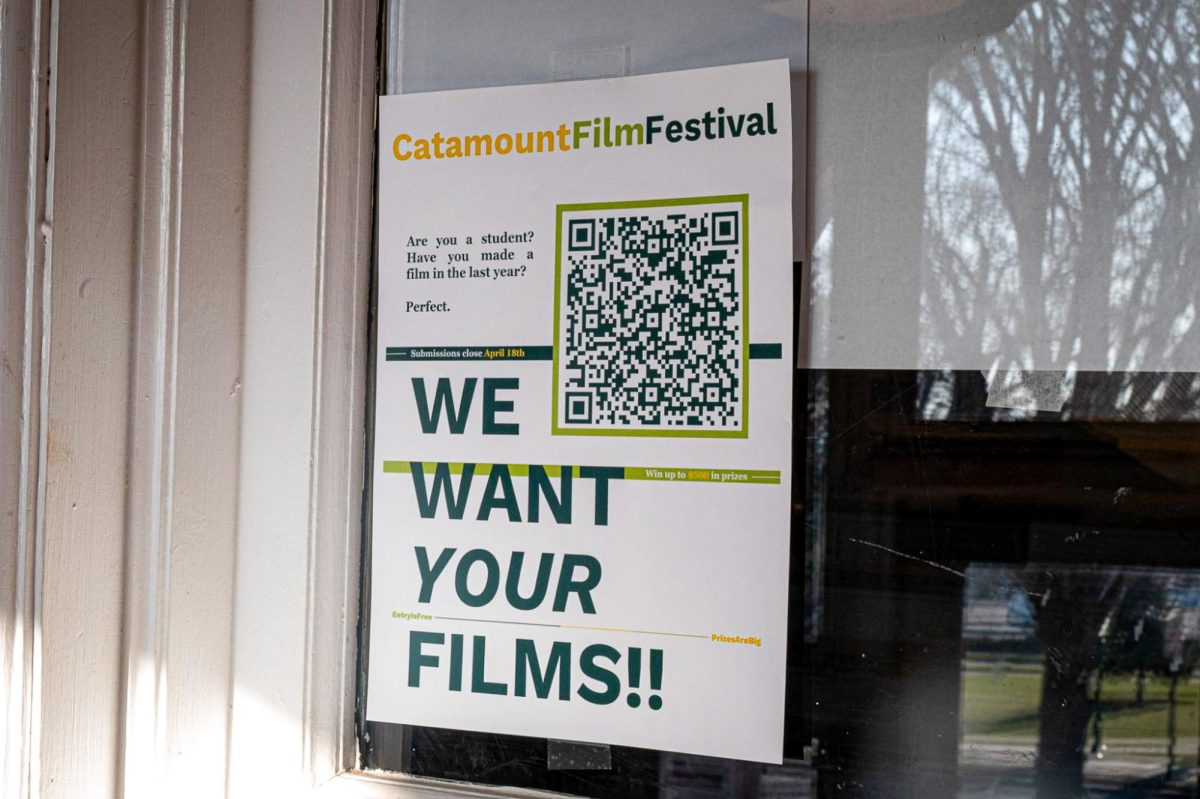Your iPod is an object of power, and not just because it can hold up to 10,000 songs.”Power is Everywhere,” as the French philosopher Michel Foucalt claims.This quote is displayed on the wall of the “Objects of Power and Identity” exhibit, which includes an iPod in its displayed objects, currently showing at the Fleming Museum.The exhibit, which displays objects ranging from a 19th century samurai sword to a top hat from the 1930s to an 18th century prayer wheel, invites visitors to “consider your assumptions about power” and “challenge your own sense of identity,” according to the explanation posted in the exhibit.The exhibit, put together by the fall 2008 Museum Anthropology class taught by Professor David Houston, divides the objects into five categories: power, science and knowledge, wealth, status and identity.Most of the objects in the exhibit are accompanied by explanations, in order to “provide viewers with a window into a particular way in which something can be used,” Houston said.”Inherently, an object that winds up in a museum or on somebody’s shelf at home has been removed from an important set of contexts,” Houston said.Although this removal does sacrifice cultural contexts, it is important as it allows the objects to “serve as objectified representations of the rules we use to impose order and sensibility,” according to the exhibit.So why does an iPod belong with historic objects of power?”We debated between a cell phone and an iPod,” Houston said. “Finding something that really connects the past with the present was important to us.””We chose the iPod because it represents an object of power, both when you think about what it takes to get one and who has one,” Houston said.”But [we chose it] also as an instantly recognizable piece of status and a piece of identity,”Houston said. In fact, you really only need to see the black and white picture with the little earbuds … and you automatically think iPod. It’s just automatic, at least in the United States culture.”An iPod may not be something that typically symbolizes power because we are used to seeing it in the context of our everyday life.But the surprise of seeing something so familiar in an exhibit about objets of power could cause a reaction that Houston and his students intended with the exhibit.”We wanted to try to get the audience to question their own assumptions about what power, and identity as a facet of power, meant to them,” Houston said.”We in fact specifically say [in the explanation posted in the exhibit] that we invite the audience to question our setup and question our assumptions, and then, indirectly, to question their own,” he said.
Categories:
Power in unexpected places
March 30, 2009
0
More to Discover







